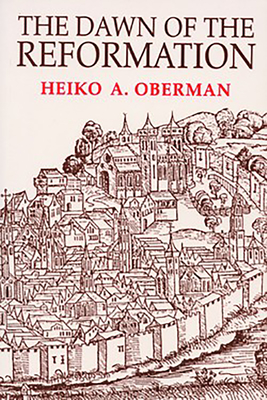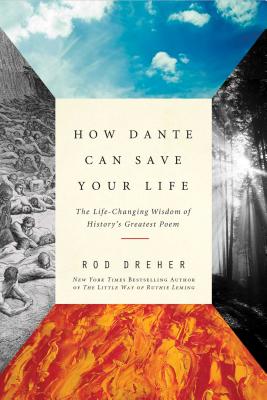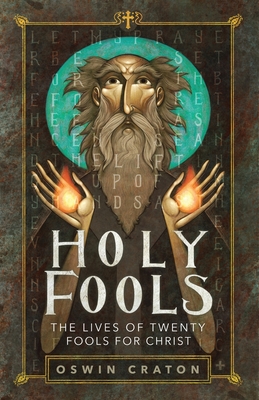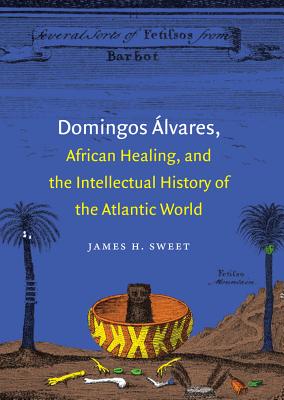
Oberman, Heiko
product information
description
common theme: the need to place the Reformation movement in its medieval context, and to bridge the ideological gaps between late medieval Renaissance, and Reformation studies. The opening chapters consider late medieval thought and the emergence of the young Luther at the center of the Reformation movement. There follows a study of the impact upon Luther of the philological, spiritual, and philosophical traditions of sixteen-century Europe. These traditions are fully examined in order to discern what Luther and his followers silently ignored or rejected, and so to delineate what is new and original in early Reformation thought. The remaining chapters move from Luther to the wider world of events marking the Reformation era: the Peasant War, the Copernican Revolution, the beginning of the Counter-reformation and the reformed initiated by the Council of Trent.
member goods
No member items were found under this heading.
Return Policy
All sales are final
Shipping
No special shipping considerations available.
Shipping fees determined at checkout.







